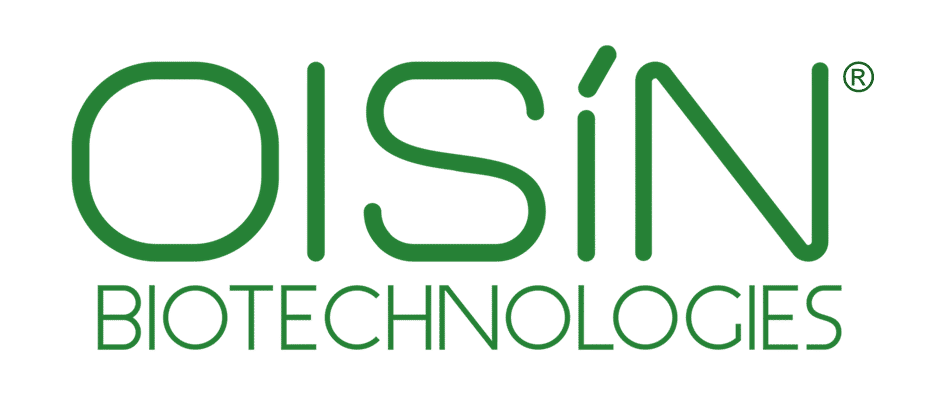预约演示
更新于:2025-05-07
OB 001 (Oisin Biotechnologies)
更新于:2025-05-07
概要
基本信息
在研机构- |
权益机构- |
最高研发阶段终止临床前 |
首次获批日期- |
最高研发阶段(中国)- |
特殊审评- |
关联
100 项与 OB 001 (Oisin Biotechnologies) 相关的临床结果
登录后查看更多信息
100 项与 OB 001 (Oisin Biotechnologies) 相关的转化医学
登录后查看更多信息
100 项与 OB 001 (Oisin Biotechnologies) 相关的专利(医药)
登录后查看更多信息
6
项与 OB 001 (Oisin Biotechnologies) 相关的文献(医药)2024-09-01·Heliyon
Green whitening of polyester fabric using fluorescent brightener OB-1 in a mixture of water and decamethylcyclopentasiloxane media
Article
作者: Zhao, Xiaohua ; Xiong, Xiaorong ; Pervez, Md Nahid ; Xiong, Jianhua ; Repon, Md Reazuddin ; Naddeo, Vincenzo ; Chen, Ai ; Cai, Yingjie ; Repon, Md. Reazuddin ; Li, Le ; Han, Shuang ; Lin, Lina ; Pervez, Md. Nahid
2023-06-01·Molecular Pain
Stomatin-like protein 3 modulates the responses of Aδ, but not C fiber bone afferent neurons to noxious mechanical stimulation in an animal model of acute experimental bone pain
Article
作者: Nencini, Sara ; Morgan, Michael ; Thai, Jenny ; Ivanusic, Jason J ; Xu, James
2020-07-01·Comparative Biochemistry and Physiology Part C: Toxicology & Pharmacology3区 · 环境科学与生态学
Pharmacological profiling of stretch activated channels in proprioceptive neurons
3区 · 环境科学与生态学
Article
作者: Jeoung, Anna ; Cooper, Robin L ; Waterbury, Courtney ; McCubbin, Shelby
100 项与 OB 001 (Oisin Biotechnologies) 相关的药物交易
登录后查看更多信息
研发状态
10 条进展最快的记录, 后查看更多信息
登录
| 适应症 | 最高研发状态 | 国家/地区 | 公司 | 日期 |
|---|---|---|---|---|
| 肾功能不全 | 临床前 | 美国 | - |
登录后查看更多信息
临床结果
临床结果
适应症
分期
评价
查看全部结果
| 研究 | 分期 | 人群特征 | 评价人数 | 分组 | 结果 | 评价 | 发布日期 |
|---|
No Data | |||||||
登录后查看更多信息
转化医学
使用我们的转化医学数据加速您的研究。
登录
或

药物交易
使用我们的药物交易数据加速您的研究。
登录
或

核心专利
使用我们的核心专利数据促进您的研究。
登录
或

临床分析
紧跟全球注册中心的最新临床试验。
登录
或

批准
利用最新的监管批准信息加速您的研究。
登录
或

特殊审评
只需点击几下即可了解关键药物信息。
登录
或

生物医药百科问答
全新生物医药AI Agent 覆盖科研全链路,让突破性发现快人一步
立即开始免费试用!
智慧芽新药情报库是智慧芽专为生命科学人士构建的基于AI的创新药情报平台,助您全方位提升您的研发与决策效率。
立即开始数据试用!
智慧芽新药库数据也通过智慧芽数据服务平台,以API或者数据包形式对外开放,助您更加充分利用智慧芽新药情报信息。
生物序列数据库
生物药研发创新
免费使用
化学结构数据库
小分子化药研发创新
免费使用
